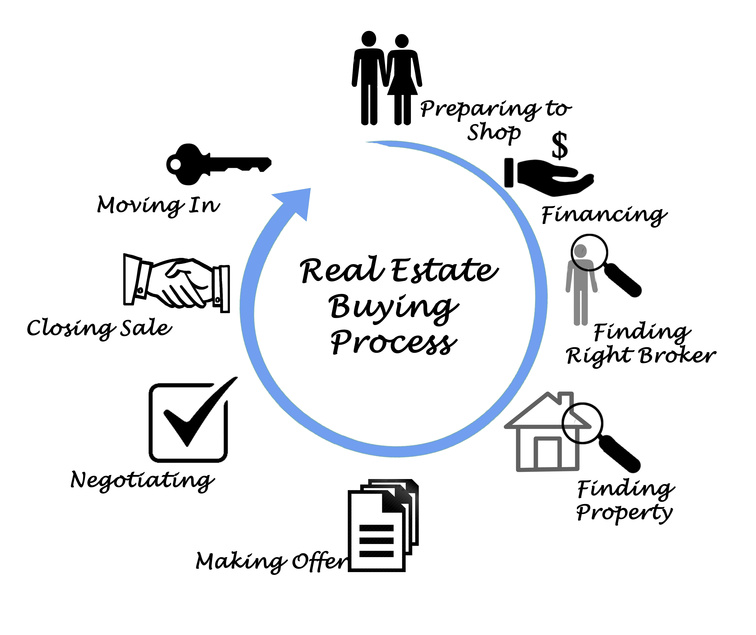Hard Money Lenders Explained: Rapid Money Solutions for Property Customers
Difficult money lending institutions have actually emerged as a crucial resource for residential property purchasers looking for fast financing solutions, specifically in circumstances where standard loaning opportunities might fall brief. Comprehending when and just how to engage with tough money lending institutions can substantially influence your investment approach and results.
What Are Tough Money Lenders?
Tough cash loan providers are specialized economic organizations or people that give temporary fundings secured by genuine estate. These lending institutions usually focus on the value of the residential or commercial property instead than the borrower's credit reliability, making their solutions particularly attracting actual estate investors and those looking for fast funding. Unlike standard financial institutions, hard cash lenders commonly offer faster approval procedures and much less rigid documents requirements, enabling debtors to accessibility funds quickly.
The loans offered by difficult cash loan providers are typically taken into consideration risky due to their short period, which usually varies from a few months to a few years. Consequently, these fundings commonly include higher rates of interest compared to conventional financing choices. Tough money loaning is particularly common in property deals where time is of the significance, such as buying distressed residential or commercial properties, funding renovations, or shutting bargains rapidly to protect investment opportunities.
Just How Hard Money Fundings Work
In the realm of actual estate funding, hard cash financings run as a functional service for borrowers needing fast accessibility to funding. These car loans are generally protected by real residential property rather than the borrower's credit reliability, which enables for expedited authorization procedures. Difficult cash lending institutions examine the value of the residential or commercial property being funded, commonly needing an appraisal to identify its market worth.

Tough cash loans have much shorter terms, commonly ranging from one to 5 years, and they typically come with greater rate of interest rates compared to traditional loans. The settlement structure can additionally differ, with some lendings calling for interest-only repayments during the term.

Advantages of Hard Cash Lending


Another considerable advantage is the versatility of tough money financings. Lenders are typically a lot more willing to discuss terms based upon the particular requirements of the customer and the residential or commercial property concerned. This adaptability can include variants in finance quantities, settlement schedules, and rate of interest.
Additionally, hard cash car loans are largely secured by the value of the residential property itself instead than the consumer's creditworthiness. This permits people with less-than-perfect credit rating to accessibility financing. Hard money loaning can serve as a useful tool for residential property rehab projects, enabling capitalists to promptly get and boost troubled homes, therefore optimizing their financial investment capacity.
Drawbacks of Hard Money Borrowing
While hard cash lending deals several advantages, it likewise features noteworthy hop over to here drawbacks that possible consumers need to meticulously take into consideration. One significant disadvantage is the high rates of interest connected with these loans. Unlike conventional financing, difficult money lendings usually feature rates that can go beyond 10% to 15%, mirroring the lending institution's enhanced danger.
In addition, the lending terms are typically short, ranging from a few months to a few years, which can create stress for debtors to sell or re-finance promptly. Failure to do so may lead to economic strain or foreclosure. Additionally, difficult money lending institutions typically focus much more on the property's worth than the consumer's creditworthiness, which can bring about less positive terms for those without substantial equity or a solid property.
One more concern is the potential for concealed costs and closing expenses that might not be promptly noticeable. These expenses can even more intensify the general price of loaning. The lack of regulative oversight in the difficult money lending sector can lead to aggressive financing practices, making it important for customers to carry out comprehensive due diligence prior to dedicating to a car loan.
When to Think About Tough Money Lendings
When faced with immediate funding needs or distinct home circumstances, borrowers may discover difficult money lendings to be a viable remedy. These financings are specifically helpful in scenarios where traditional funding choices are limited or unwise. As an example, real estate capitalists seeking to profit from time-sensitive possibilities, such as distressed homes or auctions, usually turn to hard money lenders for fast access to funds.
Additionally, customers with less-than-perfect credit score histories or non-traditional earnings resources might battle to secure conventional fundings - hard money special info lenders in georgia atlanta. Hard money lending institutions generally focus a lot more on the worth of the property being used as collateral than on the borrower's creditworthiness, making these fundings obtainable to a more comprehensive variety of candidates
Furthermore, tough cash loans are advantageous for those wanting to finance remodelling tasks or fix-and-flip investments. The ability to obtain funds rapidly allows borrowers to launch projects right away, potentially enhancing their roi.
Conclusion
In recap, tough money loan providers work as an important resource for property customers calling for instant economic see page remedies. The focus on residential property value permits expedited authorization procedures, catering to those encountering one-of-a-kind actual estate difficulties. While higher rates of interest and potential risks are intrinsic, the benefits of speedy access to resources and versatile terms typically surpass these disadvantages. Understanding the scenarios where hard cash fundings are appropriate can improve investment opportunities in the realty market.